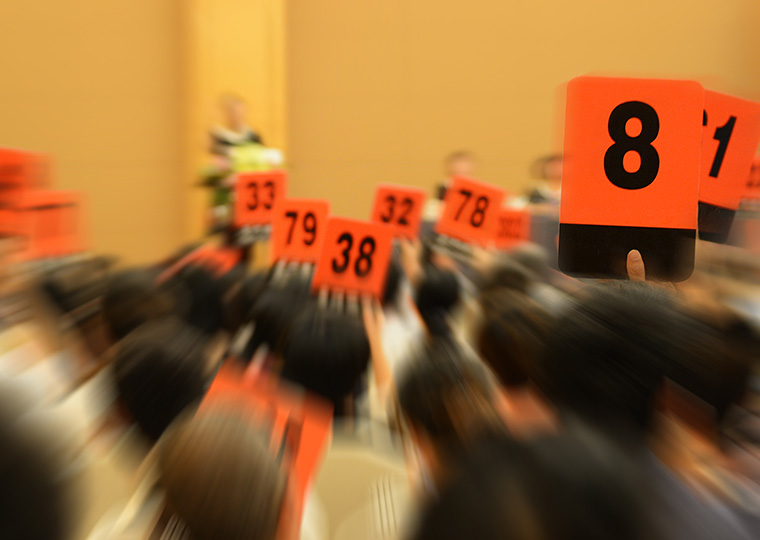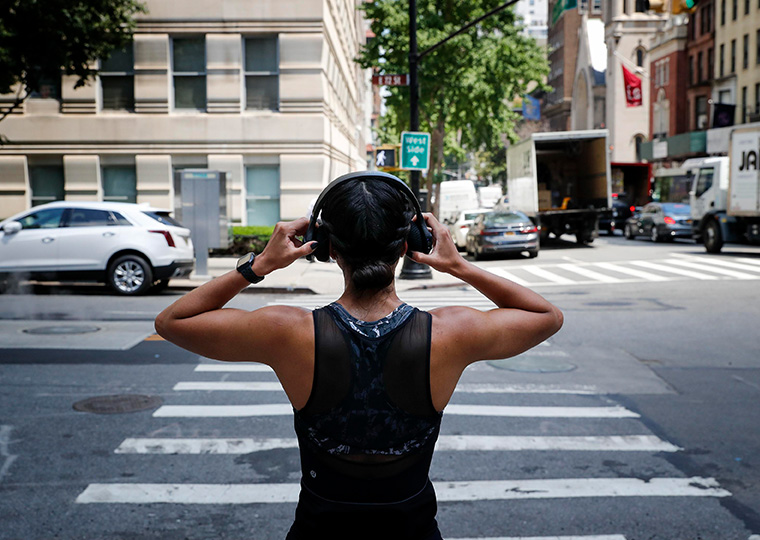Topic: Behavioral Decision Making
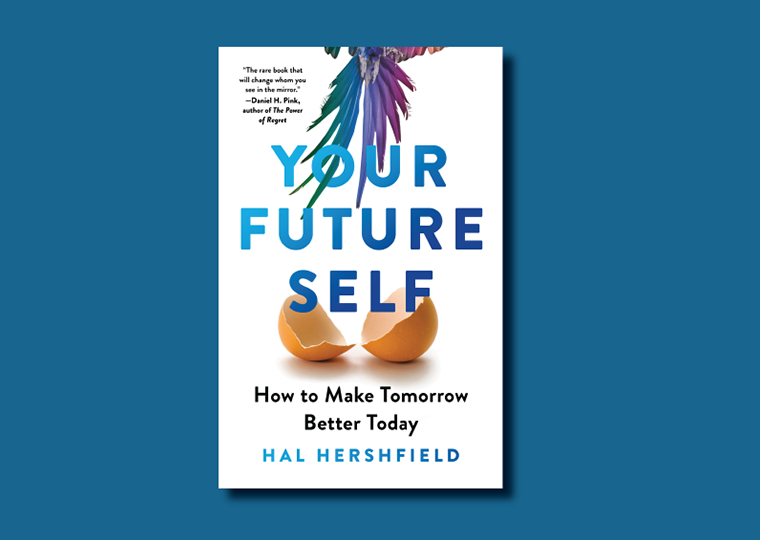
Overcoming Obstacles to Taking Better Care of Your Future Self
Hal Hershfield’s book offers research-backed methods to build a healthier, happier, more financially secure life

Another Political Trick? Inducing Forgetting By Mentioning Irrelevant Information
Positive views on, say, a social policy are more easily suppressed than negative ones
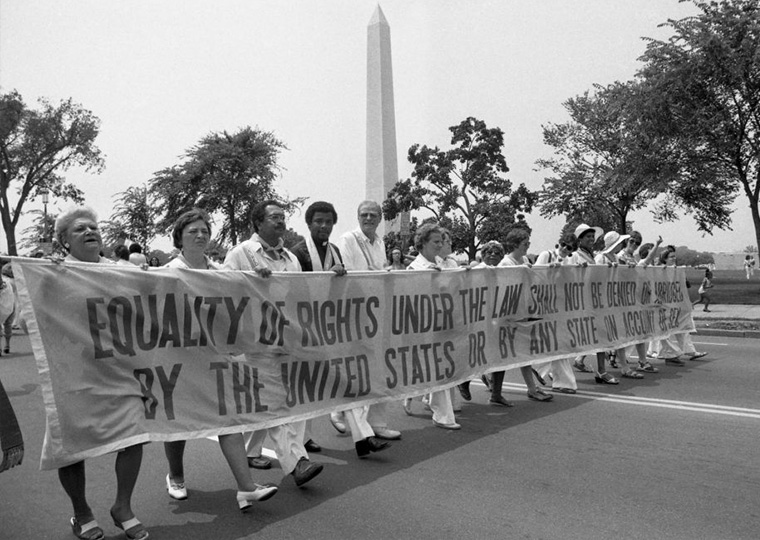
Do Social Laws Always Cause a Backlash?
Laws that threaten ideological preferences prompt some opponents to adopt more extreme beliefs
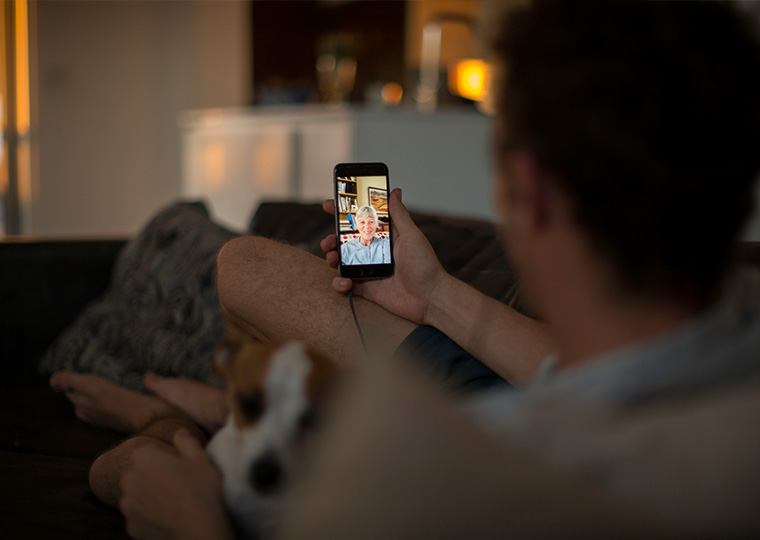
People Prioritize Shared Experiences, Even When Apart
People will endure inconvenience to synchronize events, regardless of proximity

Modest Financial Incentives Help with Weight Loss
Tying payments to weight, rather than behaviors, marginally more effective

Startling Productivity Leap: an Algorithm, Not a Manager, Assigns Work
Warehouse pickers perceive process to be fairer

Doctors, Subjected to Peer Comparison, Felt Increased Burnout
Nudge to improve preventive medicine performance didn’t work – and yielded discontent

Accused of Prejudice, Some Claim They’re the Victims
Claiming victimhood of a different sort — say, concerning free speech — seen as more effective in silencing criticism
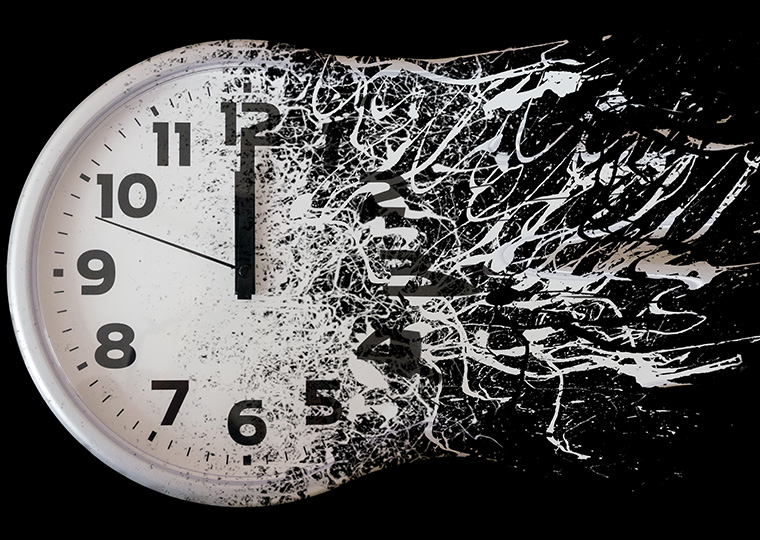
Deciding When to Decide Can Lead to Better Outcomes
An interpretable model versus black-box algorithms for complex decision making

What’s Behind the Consumer Preference for the Middle Ground
Capturing how decisions are driven by a habitual preference for moderation

Matching Incentives with the Right Relationship
The kind of reward matters less than the type of connection between giver and recipient
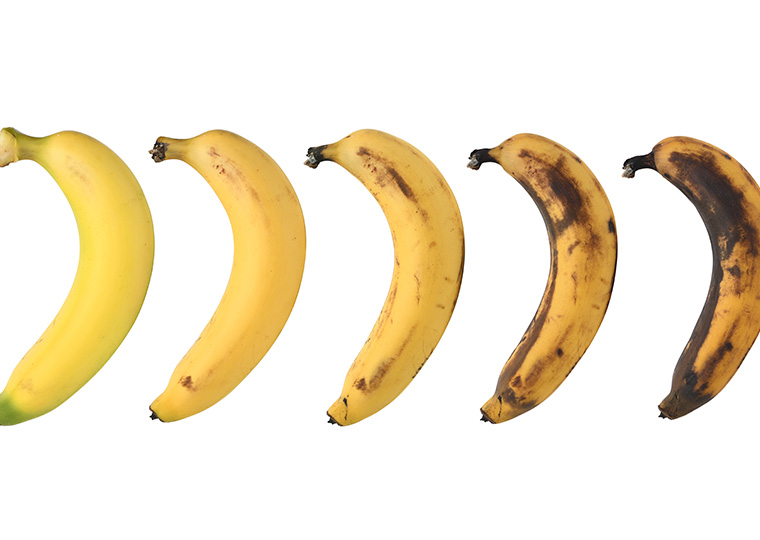
Gesturing Left to Right for Passage of Time Occurs by Age 6
Cultural norms — reading and the calendar — affect native English-speakers’ motioning constructs
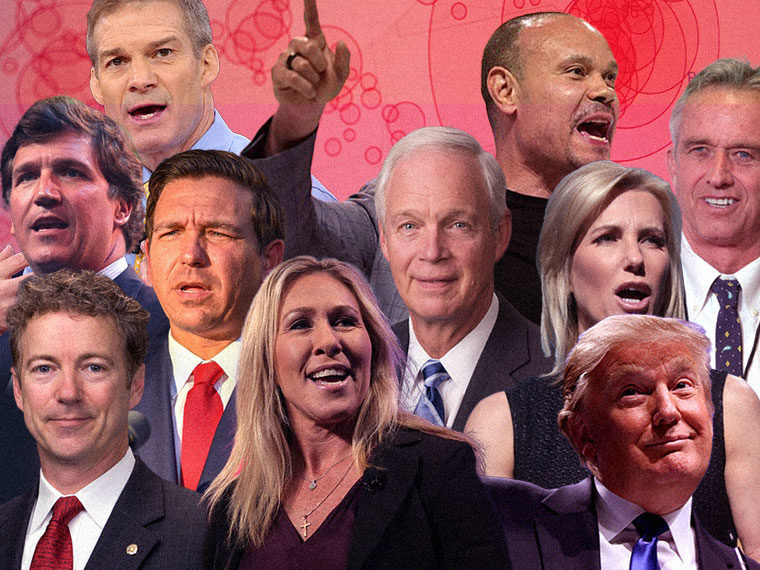
COVID Tested U.S. Health Systems — and its News Habits
Social media optimal for spreading conspiracy theories

Old Ways of Thinking Cause Managers to Disregard Analytics
Highlighting the right data and making it relevant can help overcome resistance
